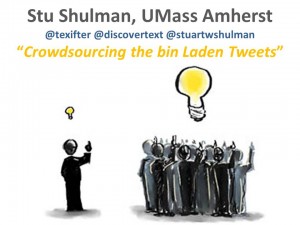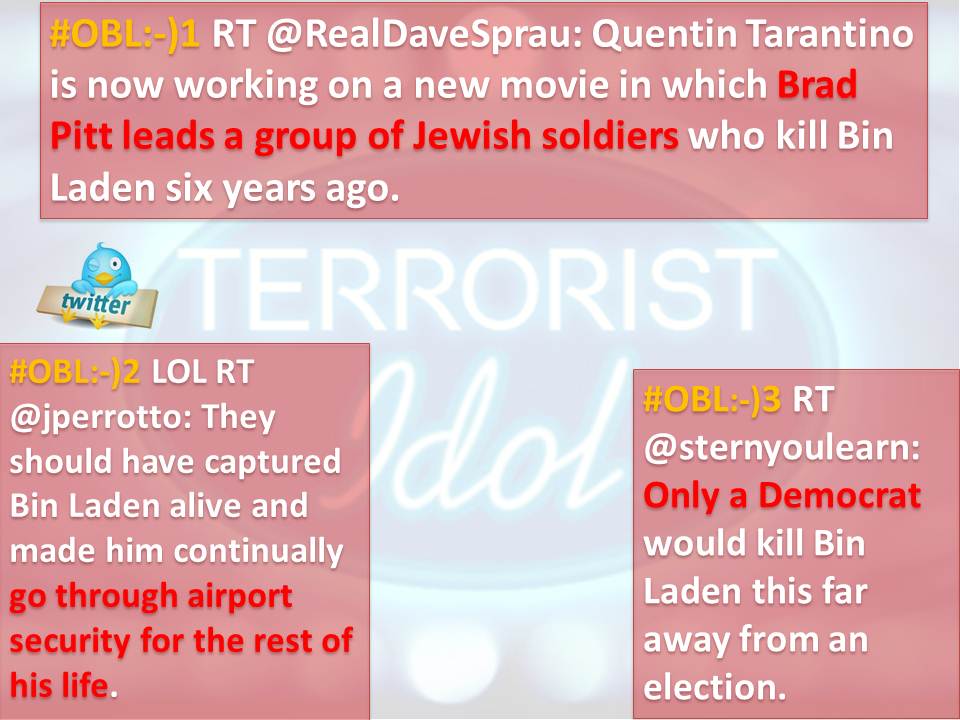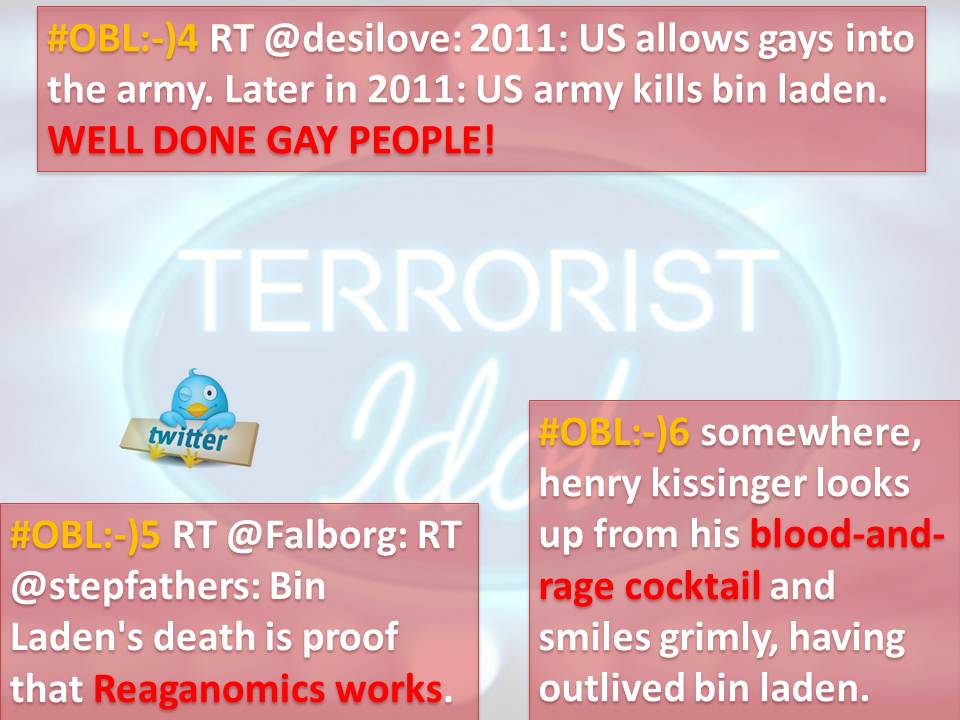Slide #1 – Hi I’m Stu and I’m going to talk today about the power of crowds for performing certain tasks. I want to thank Josh Sowalsky for managing this project and drafting the slides.
Slide #2 – When you study politics, you are really studying how people organize each other, like how the early Romans orga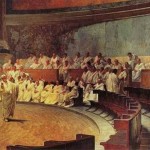 nized their form of democracy or how citizens spam their government.
nized their form of democracy or how citizens spam their government.
 Slide #3 – You might study why a society (which is really just a big crowd) accepts certain leaders’ positions even when they say and do things that huge crowds don’t like and do not believe.
Slide #3 – You might study why a society (which is really just a big crowd) accepts certain leaders’ positions even when they say and do things that huge crowds don’t like and do not believe.
Slide #4 – Over the last year, we’ve seen crowds come together to accomplish incredible things that nobody, especially political scientists, saw coming. This is happening all over the world. 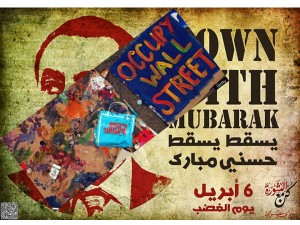
Slide #5 – We’ve heard hype about “the power of Twitter & Facebook to bring about political change.” We get it. The Internet is changing politics, but what else can crowds do together online?
Slide #6 – A few years ago, a fellow named Jeff Howe coined the term “Crowdsourcing” arguing the Internet will empower groups to gather online to get things done in ways previously unimaginable.
Slide #7 – Wikipedia is a remarkably social source of information, potentially edited by anyone. It catalogues human knowledge and, with the exception of prankster gags, the project is working.
Slide #8 – Wikipedia is a fun project that most people don’t contribute to. What about not so fun tasks? There’s lots of interesting research people want to do, but it requires many eyeballs to sift data.
Slide #9 – It used to be expensive to hire encyclopedia writers. Our Ignite research question is: Can we harness the power of a crowd for doing large-scale text research in academia? 
Slide #10 – Social science research can cost thousands or hundreds of thousands of dollars. Thank-you NSF! You train & pay students, cross your fingers, and hope the results are valid.
Slide #11 – We decided to take the OBL tweets to an online crowd for an experiment. Over 4 million tweets that mentioned Osama or bin Laden were collected right after he was assassinated.
Slide #12 – A group out of Harvard did their own experiment using the Crimson Hexagon. With unsupervised classification methods, they found that 27% of the bin Laden tweets contained humor.
Slide #13 – We offered a $25 Amazon.com gift card to volunteer comedic souls willing to classify 750 tweets. Whoever found the funniest tweet was promised an additional $100 gift card. 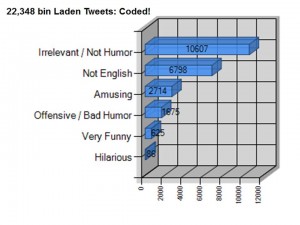
Slide #14 – About 60 people volunteered and after two days, more than 22,000 tweets had been coded by 26 self-proclaimed funny coders. Some even asserted comedian status. Total project cost: $750.
Slide #15 – Our crowd found only 23% of the bin Laden tweets were attempts at humor. Most were not funny. Only 3% of the tweets were coded as either hilarious or very funny.
 Slide #16 – Measuring humor is hardly scientific. Just as a crowd on Twitter may re-tweet and mutate semi-humorous memes, a crowd analyzing Twitter may find the same items offensive or lame.
Slide #16 – Measuring humor is hardly scientific. Just as a crowd on Twitter may re-tweet and mutate semi-humorous memes, a crowd analyzing Twitter may find the same items offensive or lame.
 Slide #17 – The audience today is going to select the winner. I’ll show you six funny tweets. To vote, tweet the number of the best joke using the hashtag OBL colon hyphen close parenthesis.
Slide #17 – The audience today is going to select the winner. I’ll show you six funny tweets. To vote, tweet the number of the best joke using the hashtag OBL colon hyphen close parenthesis.
Slide #18 – If you like “Brad Pitt leads a group of Jewish soldiers,” tweet #OBLemoticon1. If you like “go through airport security for the rest of his life” tweet #OBLemoticon2, if you like “Only a democrat” tweet #OBLemoticon3.
Slide #19 – If you like “Well done gay people” tweet #OBLemoticon4. If you like “Reaganomics works” tweet #OBLemoticon5 and if you like “blood and rage cocktail” tweet #OBLemoticon6.
Slide #20 – There is very little funny about the legacy of Osama bin Laden. Humor has always been a part of how humanity deals with brutality. This experiment was not about bin Laden or humor. It is about the Internet and the future of research methods. Thanks!

